To provide the best experiences, we use technologies like cookies to store and/or access device information. Consenting to these technologies will allow us to process data such as browsing behaviour or unique IDs on this site. Not consenting or withdrawing consent, may adversely affect certain features and functions.
The technical storage or access is strictly necessary for the legitimate purpose of enabling the use of a specific service explicitly requested by the subscriber or user, or for the sole purpose of carrying out the transmission of a communication over an electronic communications network.
The technical storage or access is necessary for the legitimate purpose of storing preferences that are not requested by the subscriber or user.
The technical storage or access that is used exclusively for statistical purposes.
The technical storage or access that is used exclusively for anonymous statistical purposes. Without a subpoena, voluntary compliance on the part of your Internet Service Provider, or additional records from a third party, information stored or retrieved for this purpose alone cannot usually be used to identify you.
The technical storage or access is required to create user profiles to send advertising, or to track the user on a website or across several websites for similar marketing purposes.
 NeoCon, North America’s largest platform and event for the commercial interiors industry, which takes place from June 10-12, 2024 at THE MART in Chicago, is inviting thought-leaders to submit proposals for its onsite and virtual programming, as well as its year-round educational offerings. Now in its 55th edition, NeoCon’s annual conference boasts an impressive attendance of architects, designers, manufacturers, dealers, end-users, design organizations, and media––all eager to learn about the latest trends and innovations shaping the future of design. (more…)
NeoCon, North America’s largest platform and event for the commercial interiors industry, which takes place from June 10-12, 2024 at THE MART in Chicago, is inviting thought-leaders to submit proposals for its onsite and virtual programming, as well as its year-round educational offerings. Now in its 55th edition, NeoCon’s annual conference boasts an impressive attendance of architects, designers, manufacturers, dealers, end-users, design organizations, and media––all eager to learn about the latest trends and innovations shaping the future of design. (more…)










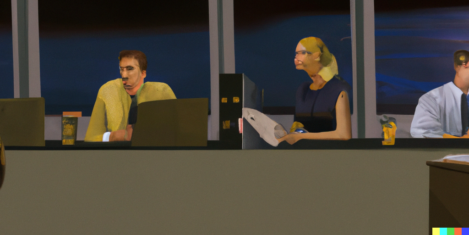
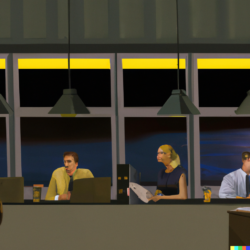



 Commercial real estate occupiers are willing to put their money where the tech is, according to new polling from
Commercial real estate occupiers are willing to put their money where the tech is, according to new polling from 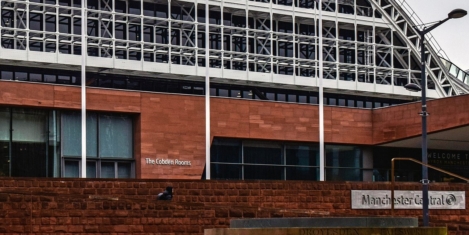
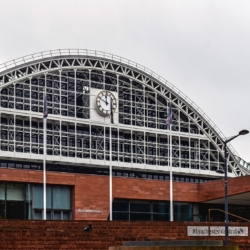 The CIPD has revealed its programme, including an exciting line-up of speakers, for its
The CIPD has revealed its programme, including an exciting line-up of speakers, for its 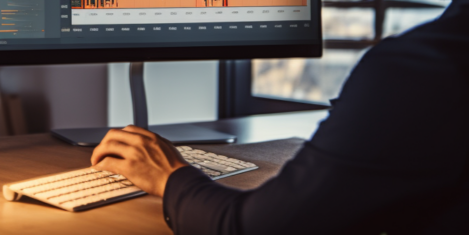
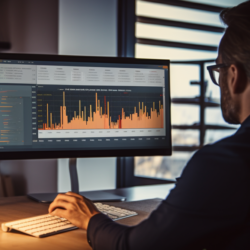


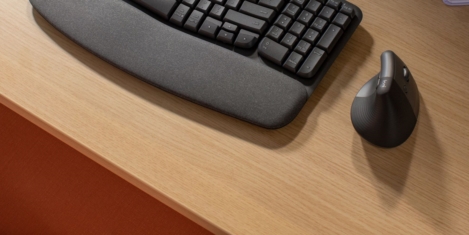
 Logitech has unveiled
Logitech has unveiled 






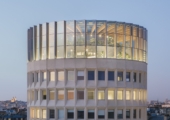



October 19, 2023
There is always time and place for a primal scream
by Simone Fenton-Jarvis • Comment, Wellbeing